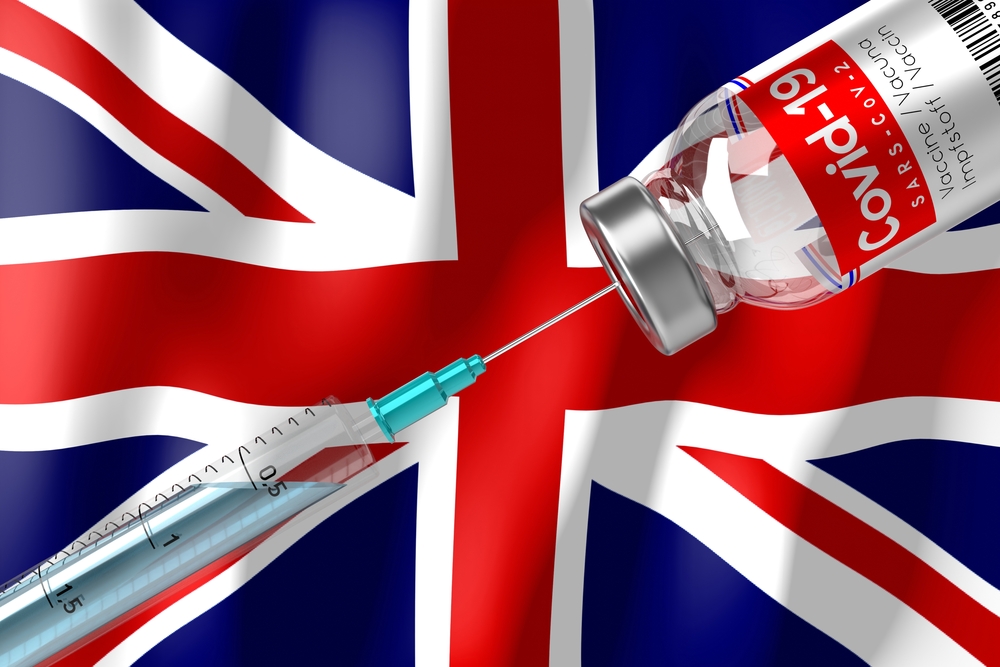
Boris Johnson saluted fast development of COVID vaccines as a triumph of capitalism, even though he associated, somehow infelicitously, capitalism with greed (on the point, read Eamonn Butler).
It is a bit bizarre that Johnson on the one hand sees R&D as a success of the market system, but at the same time wants to put more government money in it- committing £800 million to a new agency called ARIA (the Advanced Research and Invention Agency.) Johnson is never particularly bothered by consistency, but praising capitalism for its ability to develop and supply new highly complex goods like vaccines, and then calling for more government intervention in R&D seems a bit too much, even for him.

Johnson should perhaps listen to Terence Kealey, who advises him to stop funding research, if he really wants to promote it.
In this piece, Terence makes sense of another interesting oddity. The UK has been disastrous in managing the Covid-19 pandemic from all points of view: a very high death toll, very strict lockdowns, little respect for the rule of law, and myriad failures along the way (consider the different experiments in massive testing that never really took off). But all of that has been redeemed by a remarkable vaccination rollout, which is likely to save Johnson’s reputation- at least for a while.
How come a government that has performed rather badly on most Covid-19 related matters was that good on the vaccine rollout? Terence’s answer is Catherine Bingham, who chairs the UK Government Vaccine Taskforce and previously worked at Schroder Ventures specializing in biotechnology. As Terence writes:
The only bright spark in the last 12 months in the UK, as 126,000 of our fellow citizens have died prematurely, as the economy and our social lives have tanked, and as the Government has been repeatedly exposed as incompetent, has been the vaccine programme run by Kate Bingham.
She has been to vaccines what Lord Beaverbrook, the newspaper proprietor, was to fighter production during the Battle of Britain. In May 1940 Churchill recognised the public sector could never supply Fighter Command with enough fighters, so he installed Beaverbrook as the Minister of Aircraft Production; and Beaverbrook – harnessing the entrepreneurial flair of the private sector – performed such wonders that the RAF was never short of aircraft. Pilots, yes; aircraft, no.
But for Bingham, Britain’s vaccine response would have been like the EU’s: cautious, cost-obsessed, legalistic and slow. But Bingham was imported from the private sector, were she’d worked as a venture capitalist and where she’d learnt to be bold, cost-effective, purposeful and fast.

READER COMMENTS
Ian Creasey
Mar 25 2021 at 1:31pm
It’s harsh to say that the UK’s management of Covid-19 has been “disastrous” and that the vaccine programme is the UK’s only area of success.
This completely ignores the UK’s “Recovery” trial of treatments, which discovered Dexamethasone and other medications, subsequently used worldwide. According to this BBC story, the trial has saved hundreds of thousands of lives:
Covid: The London bus trip that saved maybe a million lives – BBC News
Note that the Recovery trial was made possible by the UK’s National Health Service.
So it really is not as simple as saying that the only good thing the UK has achieved was as a result of the private-sector nature of the vaccine programme.
Thomas Lee Hutcheson
Mar 26 2021 at 8:01am
A much bigger irony is that this great apologist for Capitalism favored Brexit.
Comments are closed.